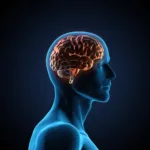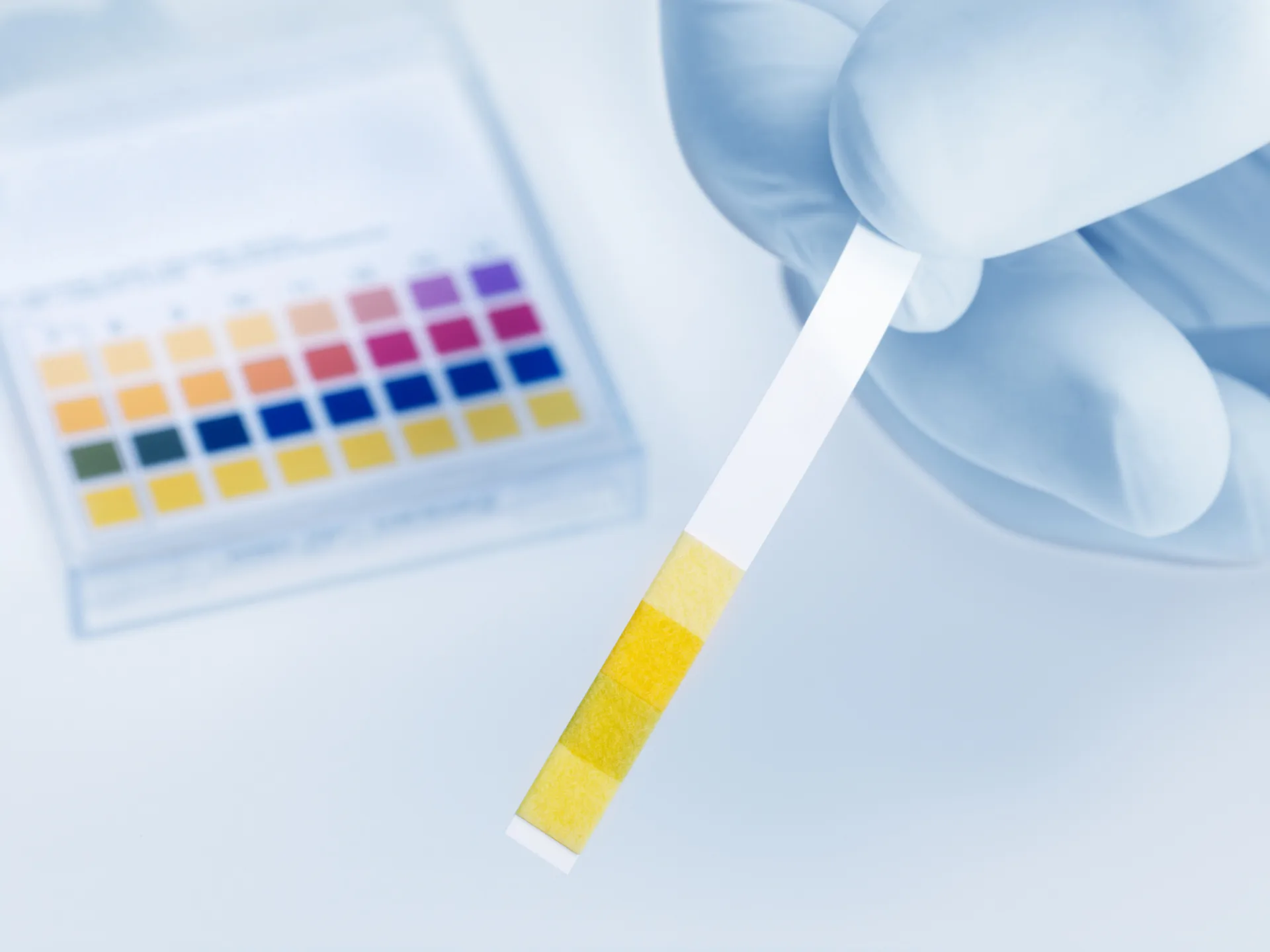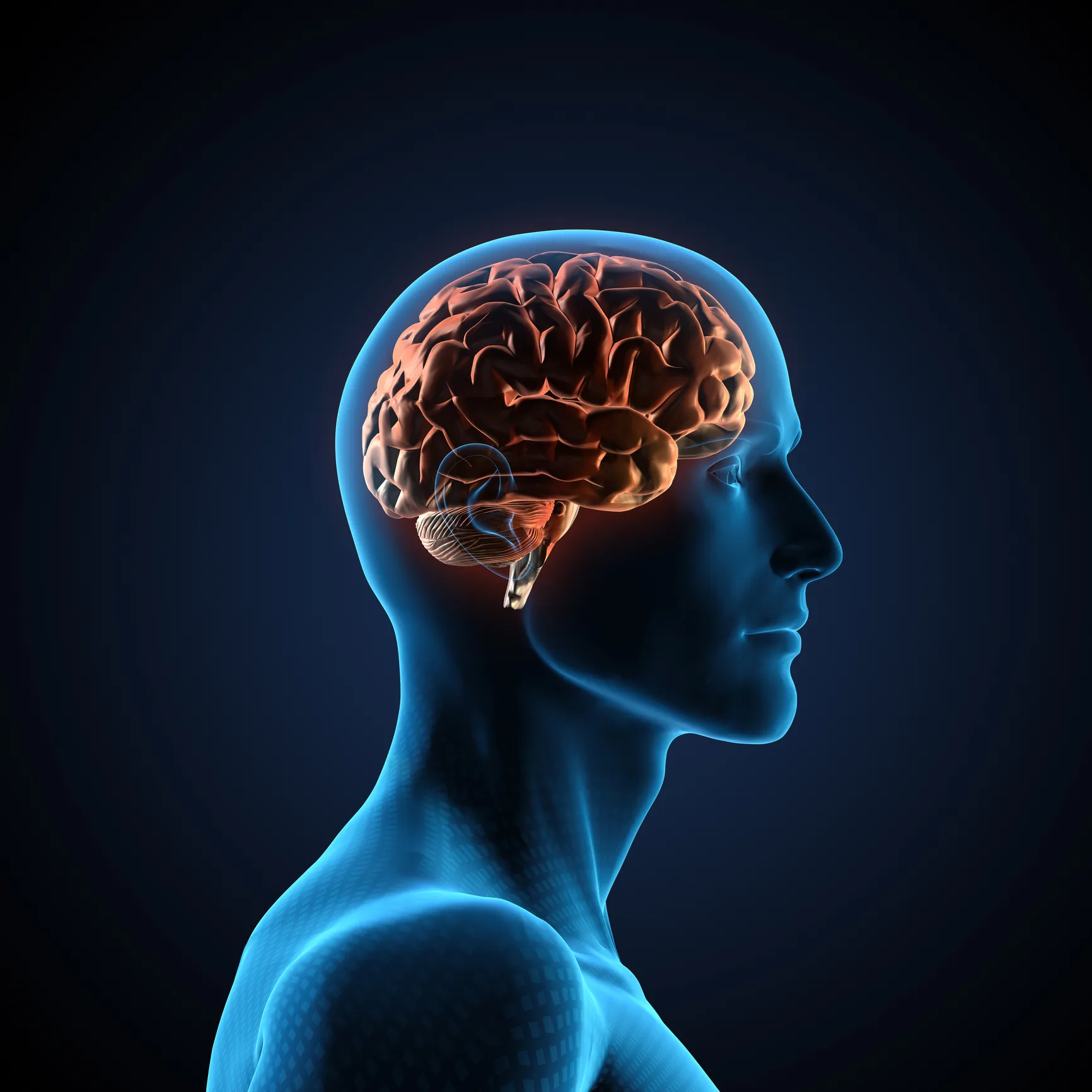
Addictive Personality Disorder and How to Overcome It
Addictive personality disorder (APD) refers to a psychological condition where individuals exhibit a pattern of compulsive behaviors and a tendency to develop addictions to substances or activities. Those with an addictive personality may struggle with impulse control, leading to unhealthy attachment to habits like drinking, smoking, gambling or shopping and internet use. The urge to seek out pleasure or avoid discomfort can create a cycle of dependency that is difficult to break.
What is Addictive Personality Disorder?
Addictive personality disorder is not formally recognized in the Diagnostic and Statistical Manual of Mental Disorders (DSM-5). It’s a term commonly used to describe individuals who are predisposed to developing addictive behaviors. These individuals often exhibit traits such as impulsivity, a high need for excitement, difficulty handling stress and emotional instability. While not everyone with an addictive personality develops a substance or behavioral addiction, they may have a higher risk of doing so.
People with APD are often caught in a cycle of seeking instant gratification and coping with negative emotions in unhealthy ways. This can lead to frequent engagement in risky behaviors and a tendency to act before considering the consequences. Over time, these habits can escalate into full-blown addiction, whether to drugs, alcohol, food or social media.
What Are the Causes of Addictive Personality Disorder?
There is no single cause of APD, but several factors contribute to its development:
- Genetics: A family history of addiction can increase the likelihood of developing an addictive personality. Genetic predispositions play a role in how the brain reacts to pleasure and rewards.
- Psychological Factors: Childhood trauma, neglect or mental health disorders such as depression or anxiety can heighten a person’s vulnerability to developing addiction. These underlying issues often drive individuals to seek out addictive substances or behaviors as a way to cope with emotional pain.
- Environmental Influences: Growing up in an environment where substance abuse is normalized can increase the chances of developing addictive behaviors. Peer pressure and societal influences also play a significant role in the development of addiction.
- Neurobiological Factors: Chemical imbalances in the brain, particularly those related to dopamine (the “feel-good” neurotransmitter), can contribute to the impulsivity and reward-seeking behaviors associated with APD.
Signs and Symptoms of Addictive Personality Disorder
Recognizing the symptoms of APD early can help individuals seek treatment before addiction takes hold. Some common signs include:
- Impulsivity: A tendency to make decisions without thinking through the consequences, often leading to risky behaviors
- High Risk-Taking: Seeking out high-stimulation activities, even if they are dangerous or unhealthy
- Emotional Instability: Struggling to manage emotions, particularly feelings of anxiety, depression or stress, which can lead to turning to addictive substances or behaviors for relief
- Poor Coping Skills: Using alcohol, drugs, food or other behaviors to cope with difficult emotions instead of developing healthy coping strategies
- Obsessive Behavior: Becoming overly fixated on certain activities or substances to the point where they negatively impact daily life, relationships and responsibilities
How to Stop Addictive Personality Disorder
If you suspect that you or someone you know is struggling with addictive personality disorder, it’s essential to take proactive steps toward managing and overcoming the condition. Here’s how you can begin to break free from the cycle of addiction:
- Seek Professional Help: The first step in managing APD is reaching out for professional help. Therapeutic modalities like cognitive behavioral therapy (CBT) can help individuals identify negative thought patterns and behaviors associated with addiction. Therapy can also teach healthier ways to cope with stress and difficult emotions.
- Join Support Groups: Support groups, like Alcoholics Anonymous (AA) or Narcotics Anonymous (NA), offer peer support and encouragement for those struggling with addiction. Connecting with others who understand your struggles can be a powerful motivator in recovery.
- Focus on Self-Awareness: Developing self-awareness is key to overcoming addictive behaviors. Journaling, mindfulness and meditation can help individuals recognize triggers and unhealthy thought patterns, allowing them to make conscious decisions to change.
- Practice Healthy Coping Mechanisms: Learning to cope with stress in healthy ways is essential for managing an addictive personality. Regular exercise, hobbies, relaxation techniques and strong social support networks can help reduce reliance on addictive behaviors as a form of coping.
- Establish Healthy Routines: A consistent routine helps keep impulsive behaviors in check. Setting daily goals, practicing time management and maintaining a balanced lifestyle with adequate sleep, nutrition and exercise can promote emotional stability and reduce the temptation to engage in addictive behaviors.
- Consider Medication: In some cases, medication may be prescribed to help manage underlying mental health conditions like depression, anxiety or ADHD, which can contribute to the development of an addictive personality. Working with a healthcare professional to find the right treatment plan is crucial for long-term success.
- Build a Supportive Environment: Surrounding yourself with people who encourage healthy habits and hold you accountable can make a significant difference in overcoming an addictive personality. Healthy relationships provide emotional support and can help reduce the isolation that often comes with addiction.
The Importance of Seeking Help Early
The earlier you seek help for addictive personality disorder, the easier it is to prevent a full-blown addiction. APD may feel overwhelming at first, but with the right support, therapy and coping strategies, you can break free from the cycle of addiction and create a more balanced, fulfilling life. At Bluff in Augusta, GA, we encourage those dealing with addiction to reach out and start their journey toward recovery.








